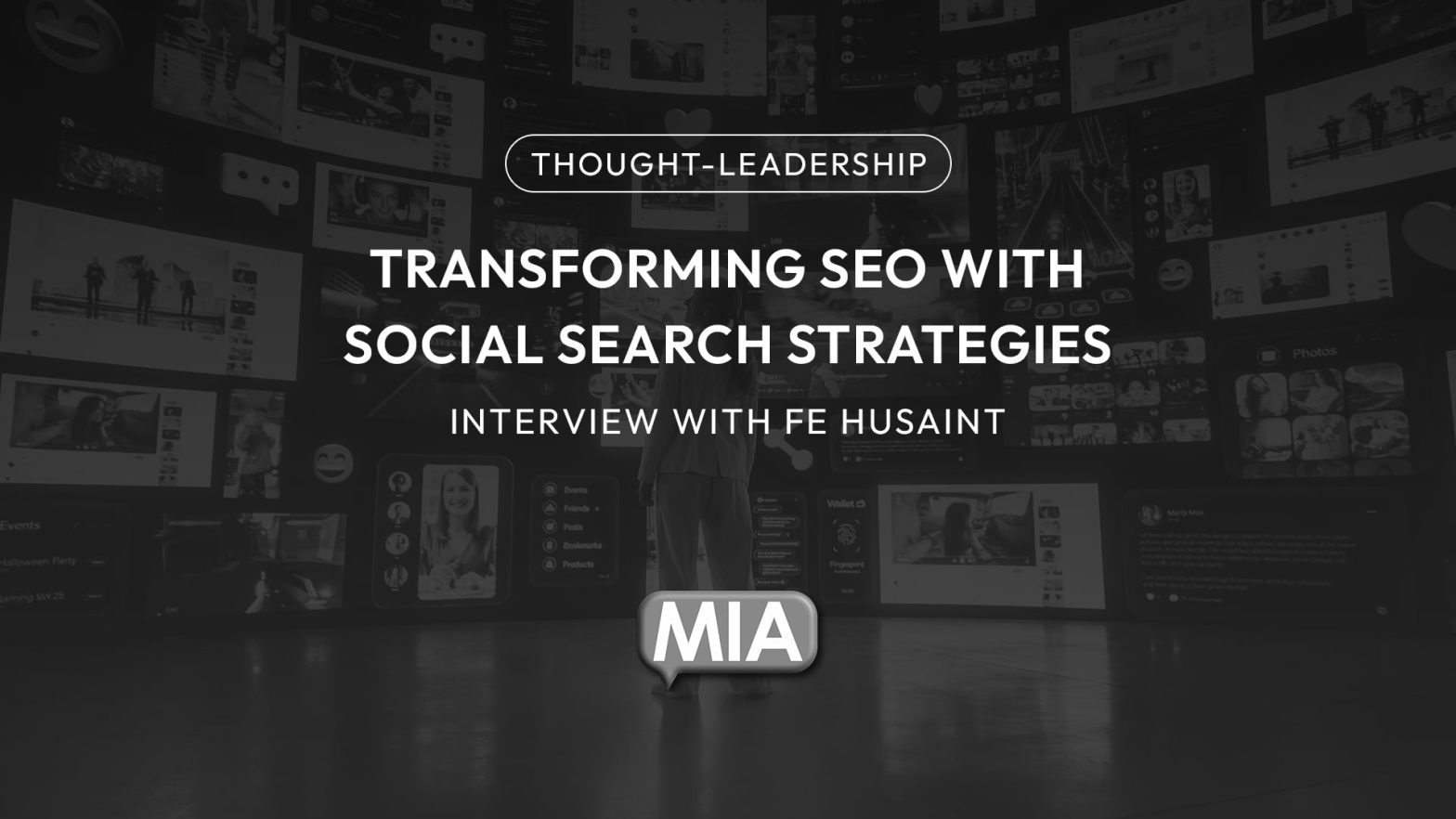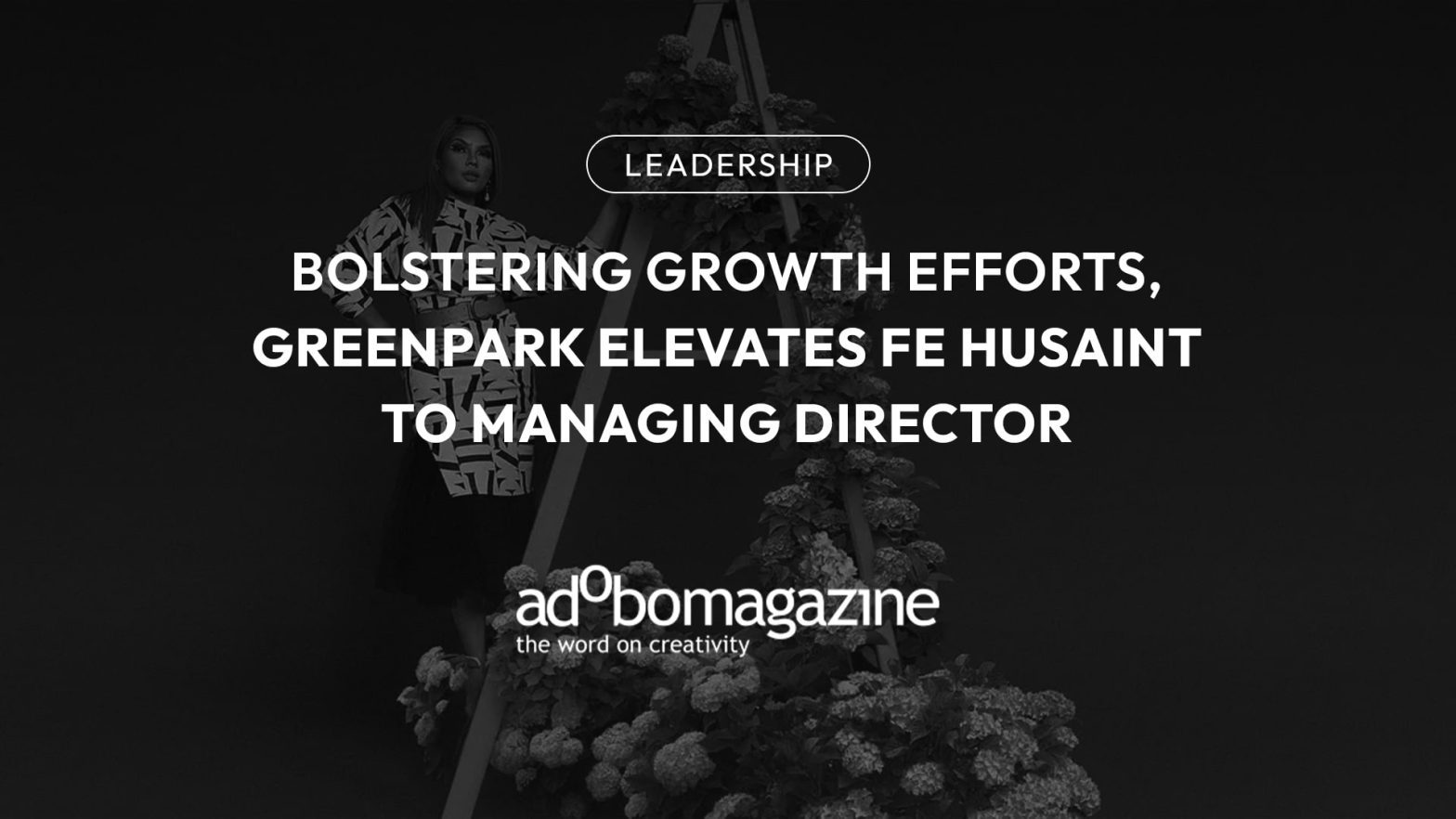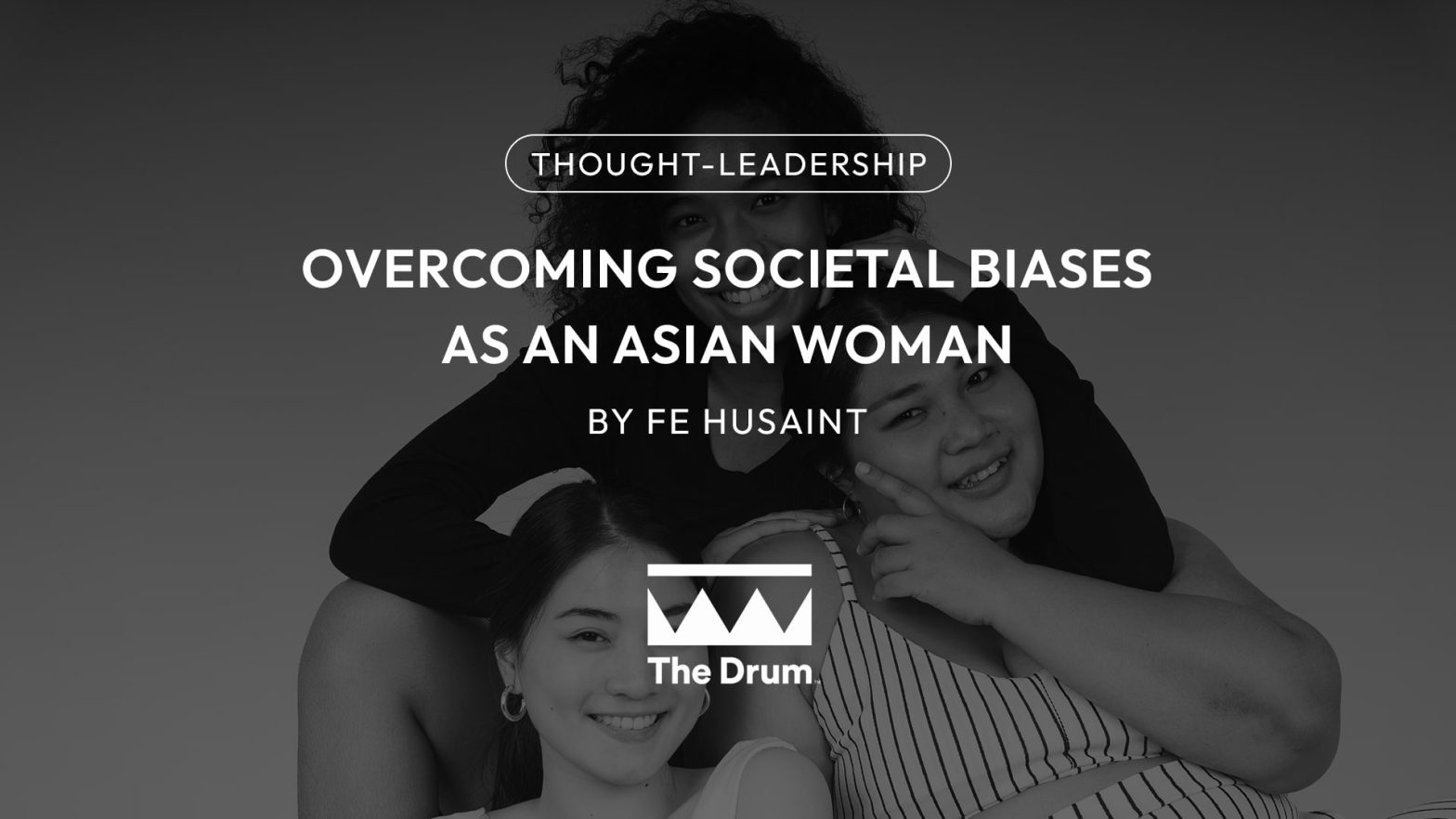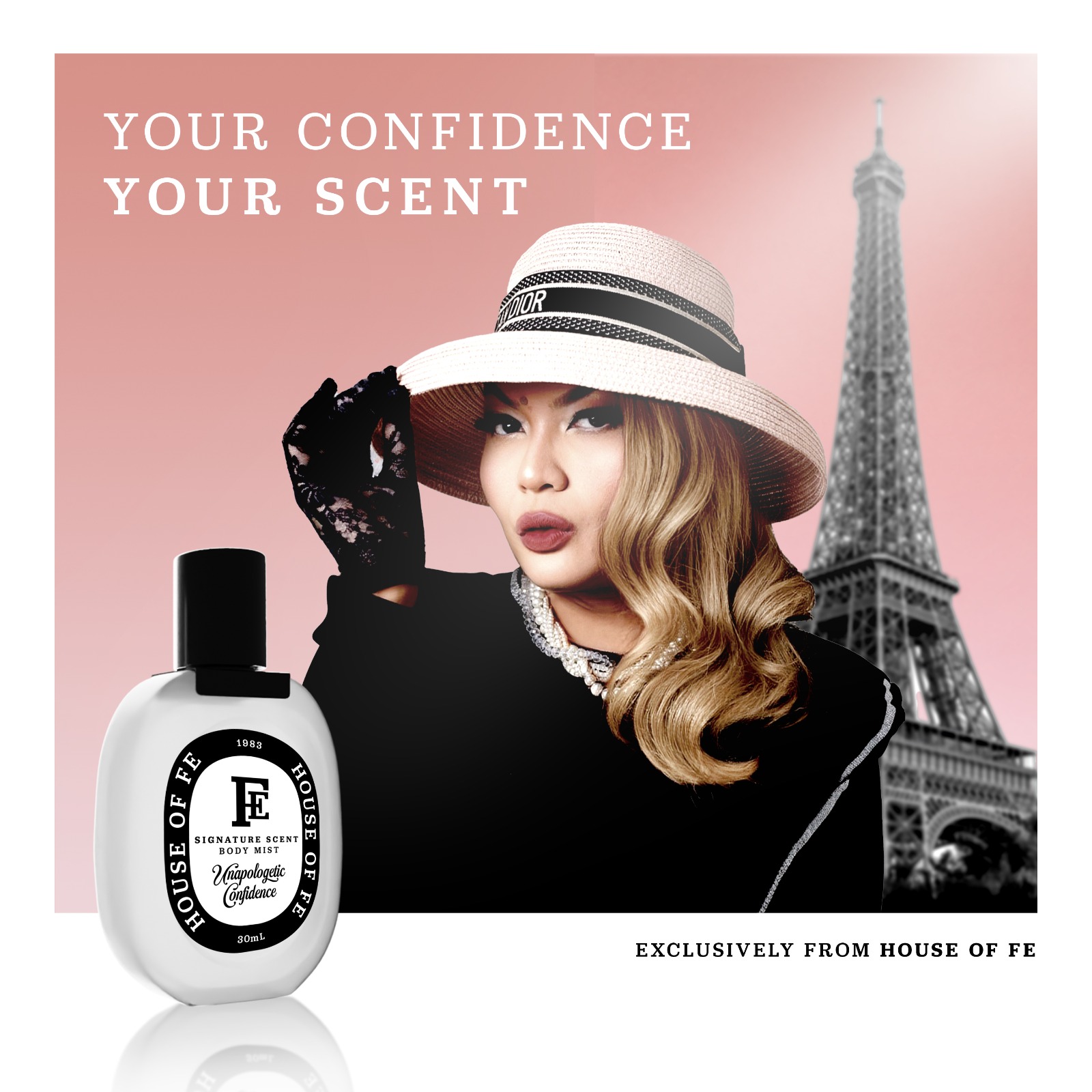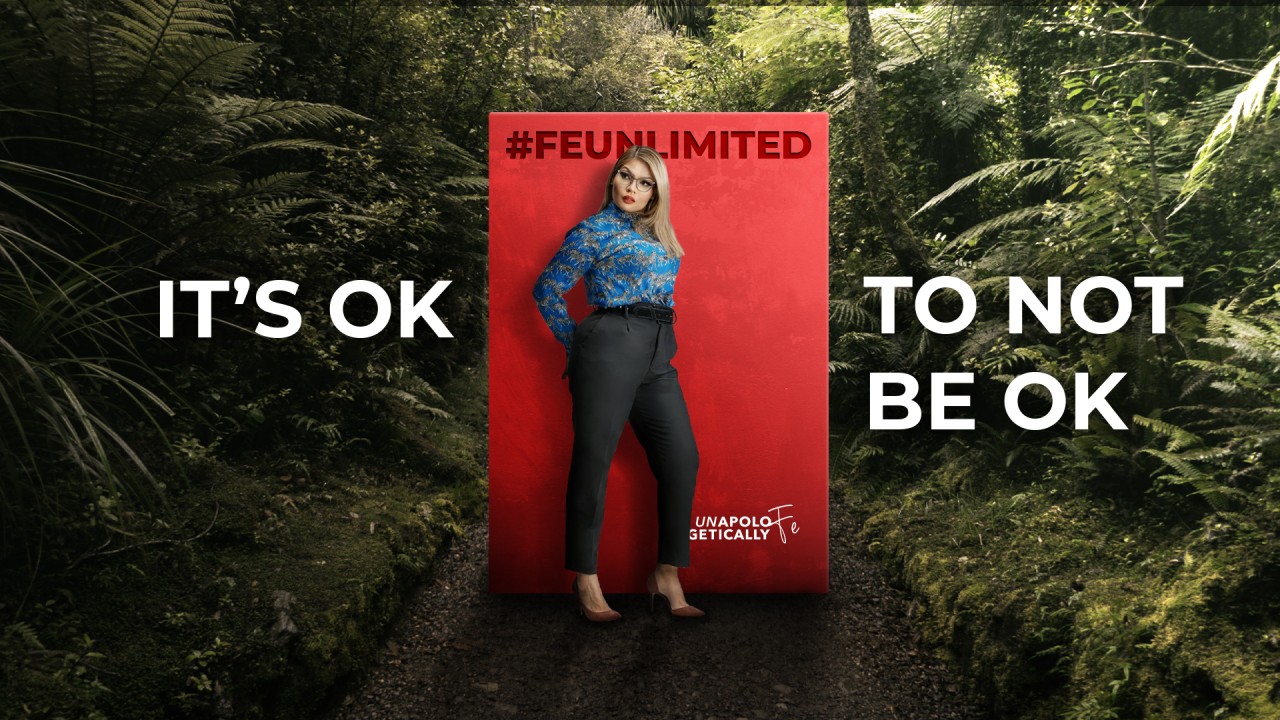
It’s Okay to Not be Okay
How do you handle stress, and how do you know if it’s too much for you?
Feeling stressed has become next to nature for most of us. Family commitments and jobs, not to mention the raging pandemic, have made stress all too common. Some of us also use the notion of “being stressed” quite flippantly, not completely understanding the gravity or repercussions. According to the Mental Health Foundation of the UK, “Stress is the feeling of being overwhelmed or unable to cope with mental or emotional pressure.”
However, it is alarming that some may not even know they’re stressed, as it can feel perfectly “normal”. It may manifest as a burst of energy that determines how you react to a situation. Some experts even argue that in small doses, stress can be a good thing. It can keep you motivated to achieve your goals and work on achieving those goals more efficiently. Some experts even say stress can boost memory!
I am one of those people to whom being stressed feels pretty standard. Even as a child, I was an overachiever, constantly pushing myself to reach greater heights. I couldn’t sit still for long; I always needed a new project to work on; a new goal to achieve. To this day, I constantly try to see how I can improve or change things for the better.
But what I’ve come to realize is, even though we feel wired to handle stress, our bodies don’t always respond well to it. Too much stress can be damaging to our health. Emotional stress is particularly disastrous! It weakens the immune system, results in physical illnesses such as high blood pressure, fatigue and heart disease. The unseen killer, though, is the mental and emotional toll stress takes.
Anxiety and depression are so commonplace now. A 2018 media release by The Institute of Mental Health of Singapore stated that a nationwide study showed 1 in 7 people in Singapore had experienced a mental disorder in their lifetime. This number is sure to be higher after the pandemic hit!
ADDICTED TO STRESS
I had a health scare last year that made me aware of the adverse effects of stress. After some mysterious hives appeared all over my chest, doctors informed me it might be caused by extreme stress. I was then hospitalized for a few weeks for further investigation. Thanks to these tests, the doctors detected something more sinister – a pulmonary embolism. They informed me that I could have died if this had gone unnoticed.
Ideally, that incident should have been my wake-up call to take care of my heart and health in general.
But life went on as usual. Until someone recently mentioned that I could be “addicted to stress”. This statement made me stop and rethink how I function. Stress is such an inevitable part of my life. But I realized that it’s how I reacted to stress that mattered, so it doesn’t become too much for my body to handle.
So I started looking at the issue holistically. Here are a few realizations I had:
IT IS OKAY TO NOT BE OKAY
I know being upbeat is the best way to be, and I know this because I’m a very positive person (well, most of the time!). I like to believe that nothing is impossible if you set your mind to it. Whenever I face a challenge, I feel like there’s a way through it. But when you constantly fight to be positive, especially amongst negative people, the endless high energy takes a toll on you.
I want to remind you that it is okay to not be okay! Take time to process challenging situations as they happen. Don’t shrug or put these off. Take a break to pause, regroup and recollect yourself. It is also okay to ask for help! You don’t need to suffer in silence!
TAKING CARE OF YOUR MENTAL HEALTH IS AS IMPORTANT AS YOUR PHYSICAL HEALTH
My health scare last year got me thinking if COVID could have affected my mental state. I had been feeling out of it lately. I pinned it down to being exhausted and mentally drained. The pandemic and the restrictions had limited my exercising as well.
I related to Simone Biles when she said, “I truly do feel like I have the weight of the world on my shoulders at times. I know I brush it off and make it seem like pressure doesn’t affect me, but damn, sometimes it’s hard.” High performers such as athletes like Michael Phelps and Simone Biles often face “high performing stress,” which can easily be exacerbated by situations such as COVID.
While trying to understand why I’ve been feeling this way, I researched and found that my symptoms pointed to depression. But I struggled to comprehend this as I was a high performer who was very active in all my projects. This revelation only got me more interested in reading and researching more.
THE FOOD YOU CONSUME PLAYS A HUGE PART
In short, what I’ve come to realize is that food is medicine, and the right foods can heal you from the inside out.
REFLECT ON YOUR ACHIEVEMENTS (EVEN THE SMALL WINS)
I realized I was always mentally and emotionally exhausted because I was in a constant state of transition or change. Being a finalist for Campaign Asia’s Women Leading The Change of The Year earlier this year reminded me that change is a process and does not happen instantaneously. Transition can be messy and disorganized, but we need to take a reflective, thoughtful approach without constantly speeding through to the finish line.
So during these unprecedented times, I encourage you, too, to join me in reminding yourself about everything you have achieved. Celebrate the small (and big) wins. Then constantly reflect on how far you have come to accomplish what you have so far!










